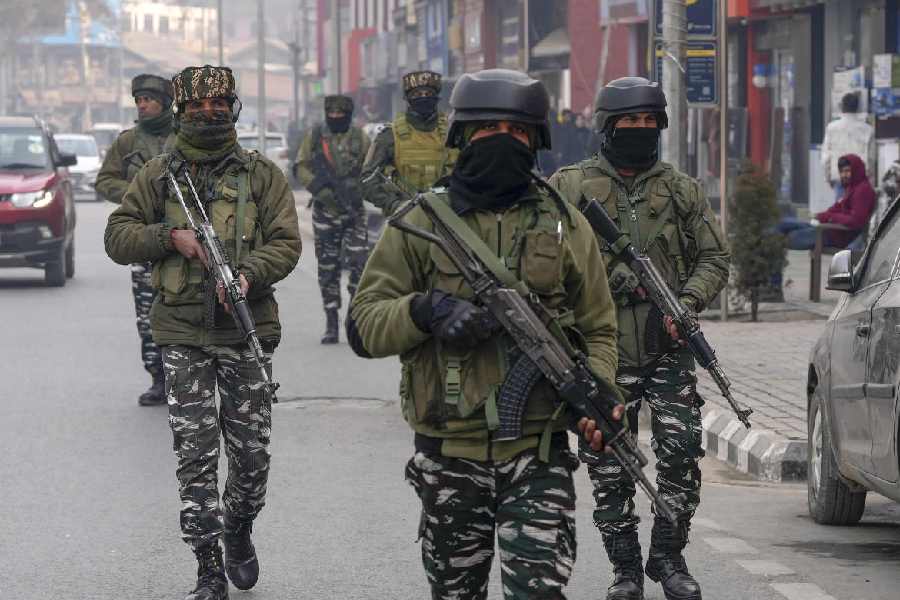August is not an ordinary month for Jammu and Kashmir. Five years ago, on August 5, the Narendra Modi government had, in an unprecedented, controversial and unilateral intervention, revoked Article 370, which gave Kashmir some special provisions, stripped J&K of statehood, cleaving Ladakh away from it, and had the region enveloped in a security blanket that infringed on public rights and amenities. Among the reasons cited by the Centre then to justify these measures was Article 370 allegedly providing a shield to terrorism; its removal, the Centre had argued, would also facilitate greater integration between Kashmir and the rest of India. Five years is a good time to test not only the consequences of the Central government’s Kashmir policy but also the rhetoric that is being spouted by the ruling Bharatiya Janata Party for the nation’s consumption. The BJP’s propaganda of Naya Kashmir centres on the claims of taming terrorism, putting separatism on a tight leash, and ushering in economic development: tourists making a beeline for Kashmir, the BJP insists, bears evidence of Kashmir’s normalcy. But the ground realities tell a different story. Terrorism, instead of being crushed, seems to have shifted its theatre of action to Jammu that has seen a worrying rise in militant strikes. While overt protests may be a rarity on account of the robust security bandobast, separatism is yet to be neutered. In fact, the electoral triumph of candidates such as Abdul Rashid Sheikh, also known as Engineer Rashid, signifies a worrying metamorphosis in the nature of radical dissent. A recent report by The Forum for Human Rights in Jammu and Kashmir has found that J&K’s net state domestic product slumped to 8.73% after 2019: the figure was 13.28% between April 2015 and March 2019. The inflow of tourists, evidently, is not an indication of a flourishing economy in Kashmir.
Undoing the damage wrought by the August of 2019 must begin with the rehabilitation of the political process in Kashmir. The Supreme Court has already earmarked a date for conducting assembly elections in that state. Nothing, including ingenious excuses by the executive or the lengthening shadow of militancy, must be allowed to delay the polls. The restoration of the right of the Kashmiri people to freely choose their own political representatives could go a long way in not only bridging the existing chasms but also nullifying sentiments in favour of disruptive elements. Only a politically robust, peaceful, and economically resurgent Valley can usher in Naya Kashmir in its truest sense.










